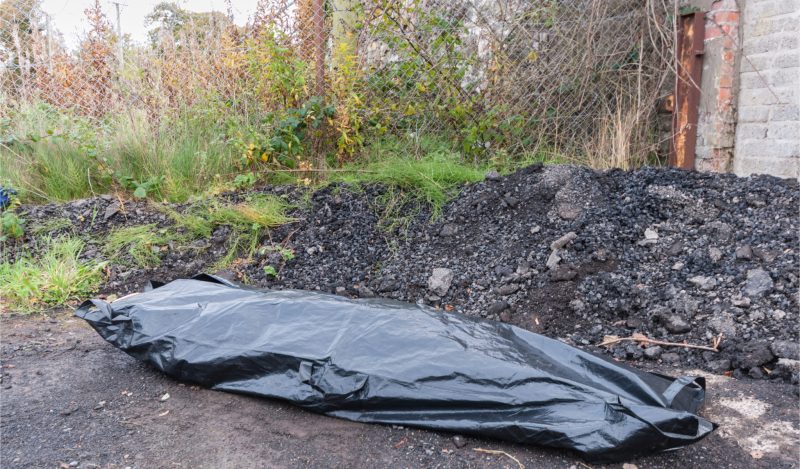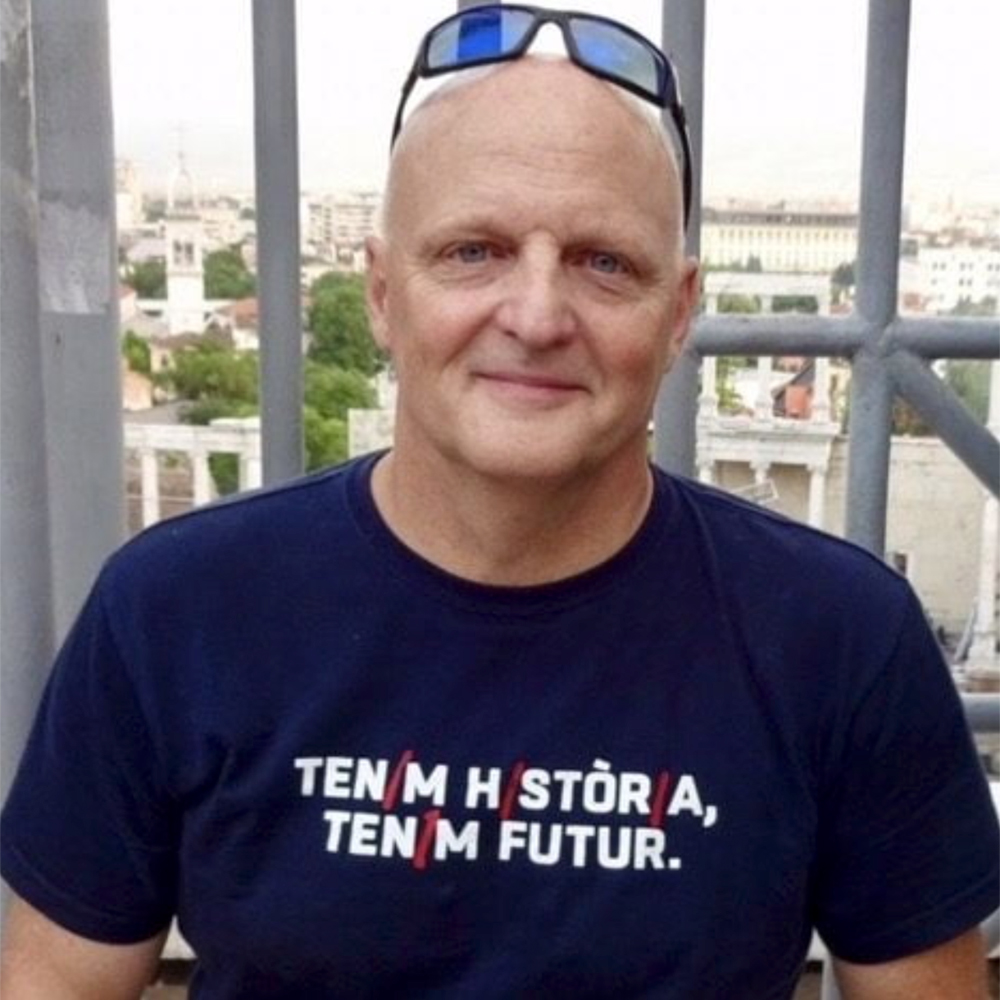December 3rd, 2010 may very well go down as a turning point in the history of human governance.
On that day, PayPal decided to permanently block Wikileaks’ ability to receive donations for its investigative journalism project, rooted in the judicious sourcing and publication of leaked government and industry documents.
With this decision, the globe-spanning cash management service abandoned any pretense that it did, could, or would operate free of the dictates of the US-led international “security” consensus.
Rather, it allowed all the world to see what a very small minority of analysts had been saying quite regularly since the 1990s: that the explosive upward trajectory of Silicon Valley technologies—with their unprecedented ability to surveil private citizens and to control the flow of money and information into their lives—can only be understood in terms of its initial and ongoing relationship to the US Deep State and its Atlanticist and Five Eyes servants.
Unfortunately, very few people took note of the December 2010 “announcement” and its future implications for our lives.
The practice of ostracism—we get the term from Ancient Greece—is as old as the history of organized human societies. Powerful political actors and their courtiers have always despised the minority within the society who raise questions about their competence or legitimacy, and thus generally have had few compunctions about visiting exile, or if needed, physical death upon them.
It was not until the late Middle Ages that this elite impunity began to be substantially challenged. In 1027, for example, at a gathering known as the Peace and Truce of God, a group of Catalan priests, commoners and small landowners came together to challenge the feudal nobility’s right to use coercive violence against them. More well known today is the English Magna Carta of 1215 which established habeas corpus; that is, the sovereign’s obligation to explain in writing why and where he was imprisoning each one of his subjects.
It was from these humble challenges to sovereign power that modern democracy—understood as a system where those few wielding political power derive their prerogatives from the many, and thus must respond to their desires—was developed.
Among those who grew up during and just after the antiwar movement’s de facto defeat of the military-industrial complex’s war on Vietnam, this inherently tension-laden relationship between elite power and popular consent was widely understood.
Conversely, the average citizen’s knowledge and celebration of “people power,” as it was sometimes called back then, was viewed with deep fear and suspicion by the agents of the US national security elite which, under the cunning leadership of Allen Dulles and others, had insinuated itself into the inner reaches of the US presidency during the Truman and Eisenhower administrations.
These people viewed the United States as an empire, and understood that no empire could ever grow and prosper as such if it were to in any way grant the common people a check on their “right” to intimidate and inflict violence upon other countries.
So while many citizens of the country basked in the apparent reaffirmation of their fundamental rights and liberties during the late 70s and 80s, the recently chastened agents of the Deep State got back to work.
The first palpable result of their clawback efforts was Ronald Reagan’s decision to name William Casey, one of the last remaining links to the foundational Dulles years at the CIA, to head that same organization. More fundamental still were the national security establishment’s decision to promote and execute “demonstration wars,” which is to say conflicts of limited geopolitical importance, but of potentially large psychological value, in Grenada, Panama and the Persian Gulf over the next decade.
The first and most obvious of these psychological goals was to remind the world of the US desire and ability to project power wherever and whenever it deemed it necessary to do so. The second, especially important after both the external and internal defeats handed to the war-making elites over Vietnam, was to rehabituate the US public to the necessity and the nobility of making war.
The third and arguably most important goal, which is deeply intertwined with the last objective mentioned, was to experiment with new methods of putting the media back into the government-controlled pocket it had managed to crawl out of in the late 60s and much of the 70s. Indeed, as Barbara Trent’s superb Panama Deception suggests, this was arguably the prime goal of the attack on that Central American country.
As George Bush Sr. (engaging in the erstwhile elite practice of giving away to those listening carefully the real nature of their aims) exultantly declared in the wake of the premeditated destruction of Iraq and the fiery death of several hundred thousands of its inhabitants: “By God, we’ve kicked the Vietnam Syndrome once and for all.”
The government’s reaction to the attacks of September 11th, centering on the promulgation of what appears to have been a largely preprepared Patriot Act, ushered in the next act of the great Deep State clawback: the near wholesale inversion of the citizen’s relationship to the state.
In the name of “fighting terrorism,” we were all reclassified, in effect, as “guilty until proven innocent,” with the government now arrogating to itself in the generalized absence of probable cause, the right to snoop on all our private communications, to create elaborate profiles of our daily comportments and to search our cars without warrant at airports and at an ever-growing list of other so-called sensitive areas. And they did so without widespread citizen resistance.
In the first decade of this century, the same US Deep State—which if a former very high ranking former European-based investment banker I know is correct has long worked quite closely with large US-based international financial concerns—took advantage of the implosion of mainstream journalism’s business model in the late 1990s to greatly extend its ability to direct and control public opinion in the US and Europe.
Emblematic of this radical shift was the sweeping Americanization in the geopolitical and cultural focus of Europe’s so-called “quality dailies” during this period, something which in turn greatly enhanced the US-controlled Atlanticist’s ability to publicly and concertedly disparage any political actor who raised the slightest objections to NATO’s strategic goals or the EU’s financial and culture-planning aims.
All of which brings us back to Julian Assange. When he revealed the grotesque and heartless nature of US war crimes in Iraq in graphic detail, the Deep State decided that a “mere” campaign of character assassination of the type used with those foreign leaders who question the core goodness of the US or its policies would not do. Rather, it needed to visit complete social death upon him. And thanks to PayPal and all of the other high tech platforms that followed its lead, it has been able to do so quite successfully.
A decade later the techniques of public-private thuggery used to socially assassinate Assange and end his program of independent journalism are being broadly used against large swathes of the US population.
As in the case of the Australian journalist, the US government, working in concert with the almost wholly coopted corporate press, first pursued those questioning the logical coherence of the Covid narrative with well-orchestrated campaigns of defamation. (Remember the fate of those two emergency room doctors from California who questioned the severity of the disease in the Spring of 2020?).
And when numerous medical figures of much greater scientific renown, such as John Ioannidis and the Nobel Prize winner Michael Levitt to name just two examples, similarly questioned the core suppositions of the Covid narrative, the now rock solid government-media-high tech alliance upped their game to include their summary banishment from certain platforms, which in today’s world is to say the conscious infliction upon them of informational death.
It appears that the Biden Administration—or perhaps more accurately, the combination of Deep State, Big Pharma and international finance potentates currently designing its policies— might have actually believed these tools of coercion would be sufficient to achieve their goal of turning every man, woman and child in the country into a perpetual vaccine patient, and blissful donor of ever greater amounts of of their personal information for commercial exploitation and enhanced state and corporate control over their lives.
But as it became increasingly clear in the late spring and summer of 2021 that the campaign of informational terror was no longer effectively delivering the desired results on the vaccine front, the US government turned, as they had in the case of Assange, to their corporate allies and the option of inflicting social death on those who continued to believe that their bodies and their lives belonged to themselves and not the government and its Big Pharma backers.
And let’s be honest and not shy from the truth. This is exactly what is going on.
After quite consciously using the enormous moral and rhetorical force of the government and media to label a third to a half of its own citizens as social pariahs, the Biden Administration is now working hand-in-glove with the country’s large corporations to destroy these same citizens’ standing as fully empowered citizens through the destruction of their livelihoods.
And this, supposedly, to impel people to take a vaccine that clearly does not do the first thing a vaccine must always do: prevent transmission of disease.
And don’t be fooled by the fact that the orders to socially assassinate millions of our fellow citizens are delivered in seemingly rational tones, and presented as a wholly logical and unremarkable approach to controlling Covid by the media.
Like all flailing empires before it, ours has come home and loosed its ever-ghoulish and ever-paranoid furies upon its own people.
It is a truly frightening spectacle.
But as students of history we can take heart in the fact that even as counterinsurgency campaigns like the one now being waged against at least one third of the US population in the name of insuring our collective safety cause untold amounts of heartache and destruction, they are seldom successful in the long run.
People eventually decide that living life in constant fear is to not live at all, and find their way back to the sacred practice of affirming life, with all its risks and disappointments, at every turn.
Join the conversation:


Published under a Creative Commons Attribution 4.0 International License
For reprints, please set the canonical link back to the original Brownstone Institute Article and Author.









